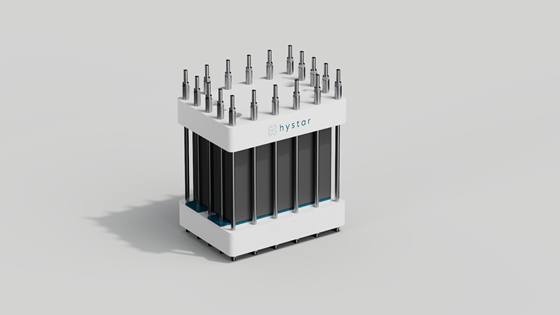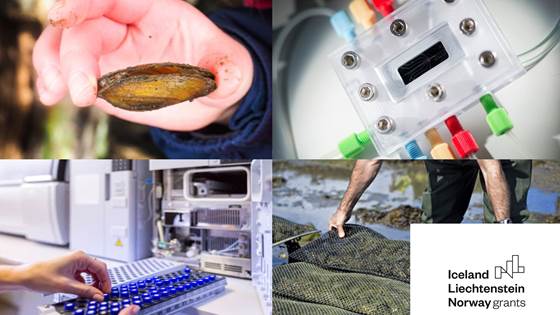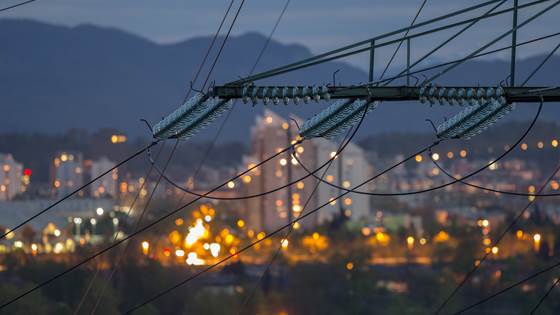
Autostack – Optimised and automated Norwegian production of low cost, high efficiency PEM electrolysers
Hystar aims to reduce the cost of green hydrogen, and the Autostack project is investigating how such a cost reduction can be achieved through mass production of PEM (proton exchange membrane) electrolyser stacks. The current state of the art...
















